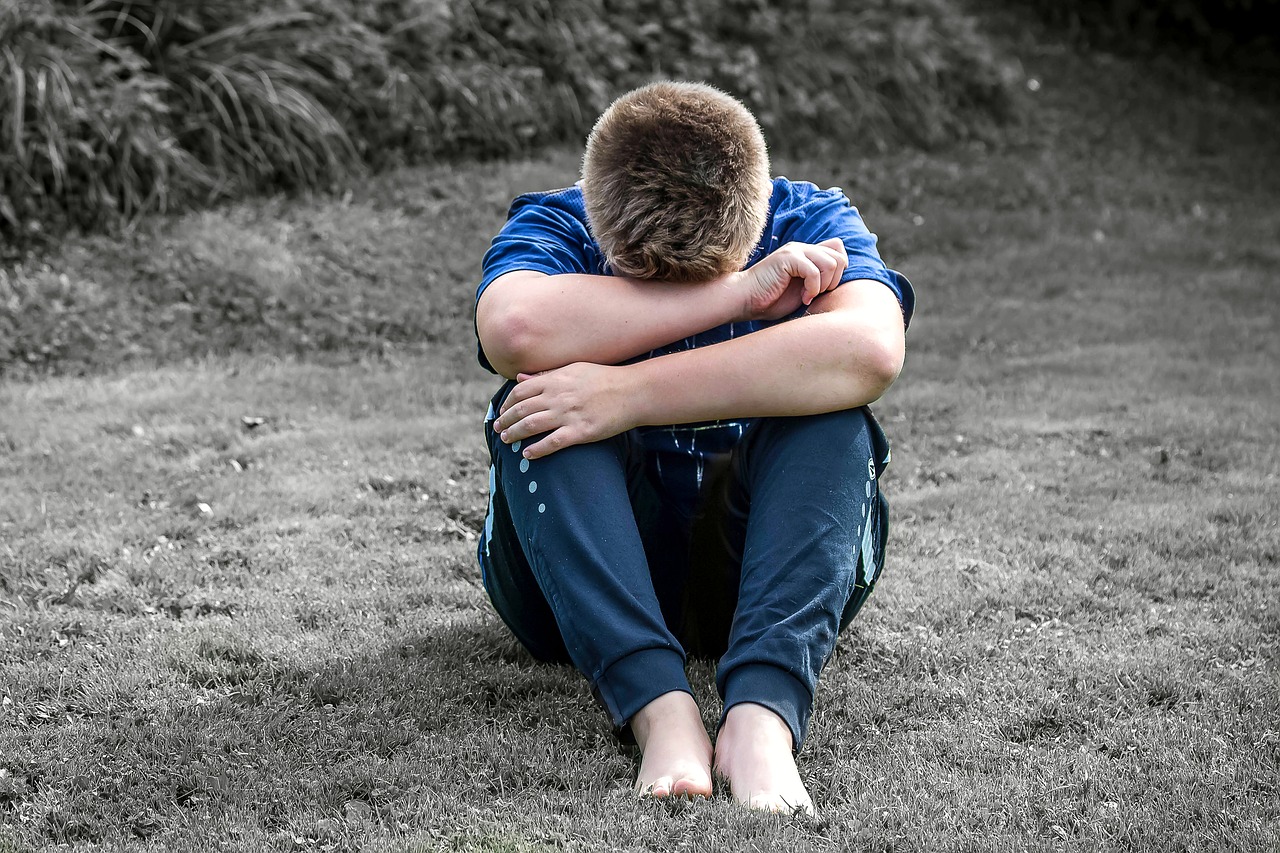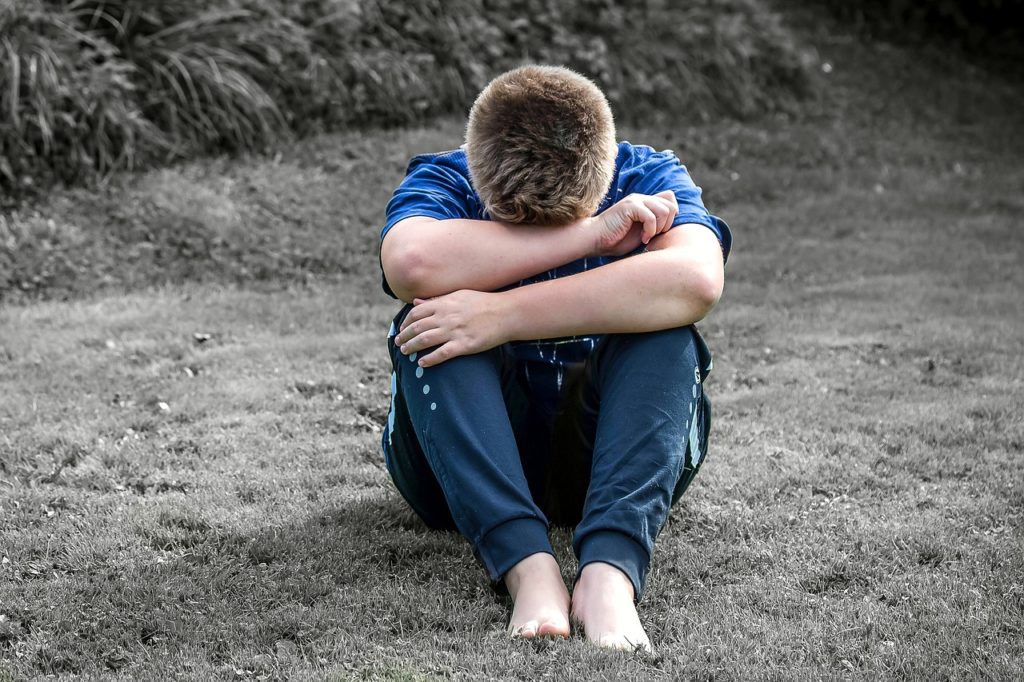

Children go through changes in their behaviors and attitudes that are often brushed off as being a passing stage. However, sometimes these common phrases may actually mask some signs of mental illness. Parents are able to reduce the severity of a child’s mental illness by acknowledging common warning signs and seeking the necessary help. Parents should stick with their intuition if their child develops a new behavior out of the blue. Here are four warning signs of mental health disorders in children that are surprisingly common.
Excessive Fears
Many children have fears and worries that wear off as they get older. Common things such as the dark and monsters are feared by children. Even being anxious before the first day of school or worrying about social acceptance are normal and actually healthy for children. However, when these fears become so intense that they inhibit daily functions, it may be time to look into speaking with someone who has been through one of the country’s board certified behavior analyst programs to look deeper into what is going on. Children with anxiety disorders are often worried about something specific or a very precise fear. This fears are often accompanied by physical complaints, which assists doctors in diagnosing the specific anxiety disorder.
Lack of Concentration
Children who cannot concentrate may have a mental disorder. The inability for a child to concentrate on an easy task is a common symptom of depression or ADHD. The inability to focus could result from thoughts of shame, death, and guilt, which may be dangerous and lead to thoughts of suicide. If a child with a mental disorder have trouble concentrating, it is often displayed in their social and academic life.
Extreme Behavioral Changes
Children often test their limits when it comes to behavior by being defiant and questioning authority. However, this defiance may be a more serious issue. Mental health disorders such as oppositional defiant disorder may begin before a child turns ten years old. A type of sporadic and alarming behavior is if a child is defiant just for the sake of getting the thrill out of the bad choices they are making. Mental health illnesses that are related to extreme behavioral changes include anxiety, ADHD, bipolar disorder, and depression.
Physical Changes
A sudden weight gain or weight loss that does not come from puberty could be a strong signal that a child has a mental disorder. Weight loss that is due to a lack of appetite could even be a sign of depression. Body changes may also be brought on by drugs or alcohol, used for self-medication.
These four warning signs of some of the most common mental illnesses will guide parents to look the help that their child needs and deserves. While these may seem like phases that will soon pass, they can be signs of serious distress.


